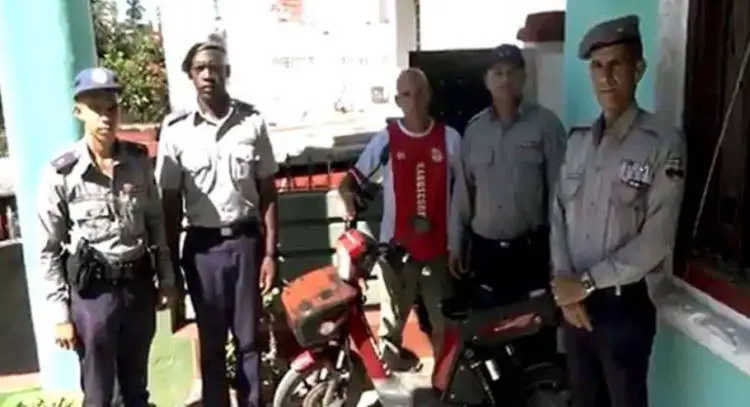The decision to request technical assistance from the CNE —on the condition that machines with fingerprint scanners be enabled, as the Primary Commission was informed— has implications within the opposition due to the refusal of some pre-candidates to participate if it is used this mechanism
The National Primary Commission defined, after months of uncertainty regarding the voting mechanism for the opposition primaries on October 22, that it will resort to the technical assistance of the National Electoral Council (CNE) and the use of voting machines with fingerprint scanners .
The National Primary Commission defined, after months of uncertainty regarding the voting mechanism for the opposition primaries on October 22, that it will resort to the technical assistance of the National Electoral Council (CNE) and the use of voting machines with fingerprint scanners .
This possibility, however, depends on a meeting with the Joint Technical Commission to ratify the conditions that the entity had managed up to now. In the event that the same guarantees that the electoral body had already shown are maintained, technical assistance will be requested, as indicated in the letter from the National Primary Commission.
“It was approved to request a meeting of the Joint Technical Commission from the CNE in order to ratify and formalize what has been dealt with so far within the framework of said Joint Commission, in relation to various aspects and guarantees of the Primary, including that related to the protection of the identity of the voters. If these specifications are confirmed, technical assistance will be requested for the organization of the Primary on October 22, 2023.
Electoral analyst Eugenio Martínez explained that, of the 10 members that make up the commission, only three opposed the CNE’s technical assistance: Corina Yoris, Victor Marquez and Roberto Abdul. The remaining seven voted in favor of the participation of the electoral body in the event on October 22.
On May 6, the commission published a proposal for Regulation of Totalization, Challenges and Nullity of minutes and results, in which regulations were proposed that prepared the electoral terrain for a manual voting system, but left room for the integration of the CNE in the process.
In the meetings that the commission has held with the Electoral Power, the CNE authorities have made it clear that they would provide assistance on the condition that fingerprint scanners are used, as evidenced in a release issued by the electoral body on April 18, in which they hide behind the need for this mechanism so as not to “violate” the process or the principle of “one voter, one vote.”
*Read also: Debate of pre-candidates for opposition primaries will be on July 12 at UCAB
The decision has implications within the opposition due to the refusal of some pre-candidates to participate if this mechanism is used, which, in the opinion of its detractors, can be controlled by Chavismo.
One of the pre-candidates who has made her opinion clear against technical assistance and the use of fingerprint scanners is María Corina Machado, who considers that the participation of the CNE is equivalent to “handing over the process to the regime.”
“There is great pressure to hand over the primaries to the CNE and its fingerprint scanners, but in what head is it possible for a process of the people to hand it over to the regime,” he criticized during an appeal in Yaracuy last month.
Post Views: 921







